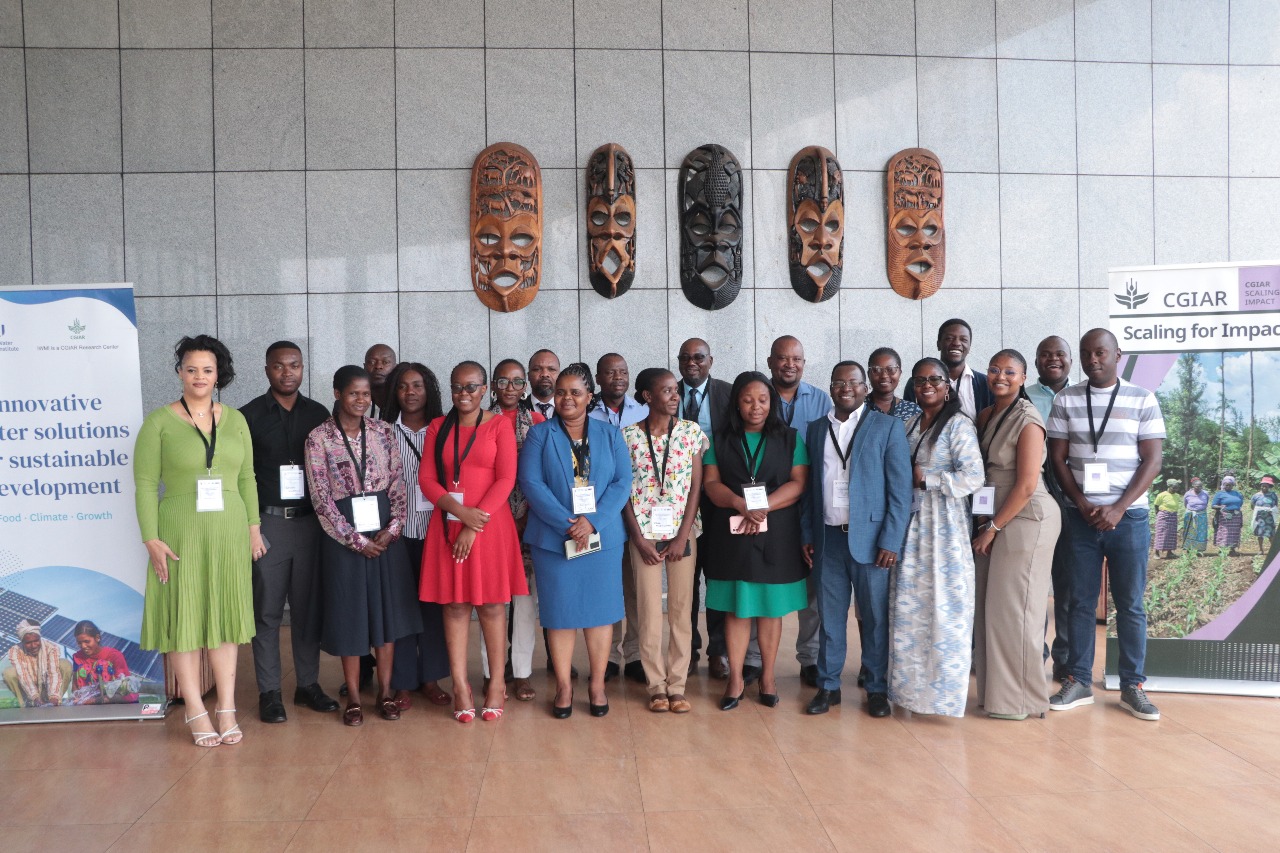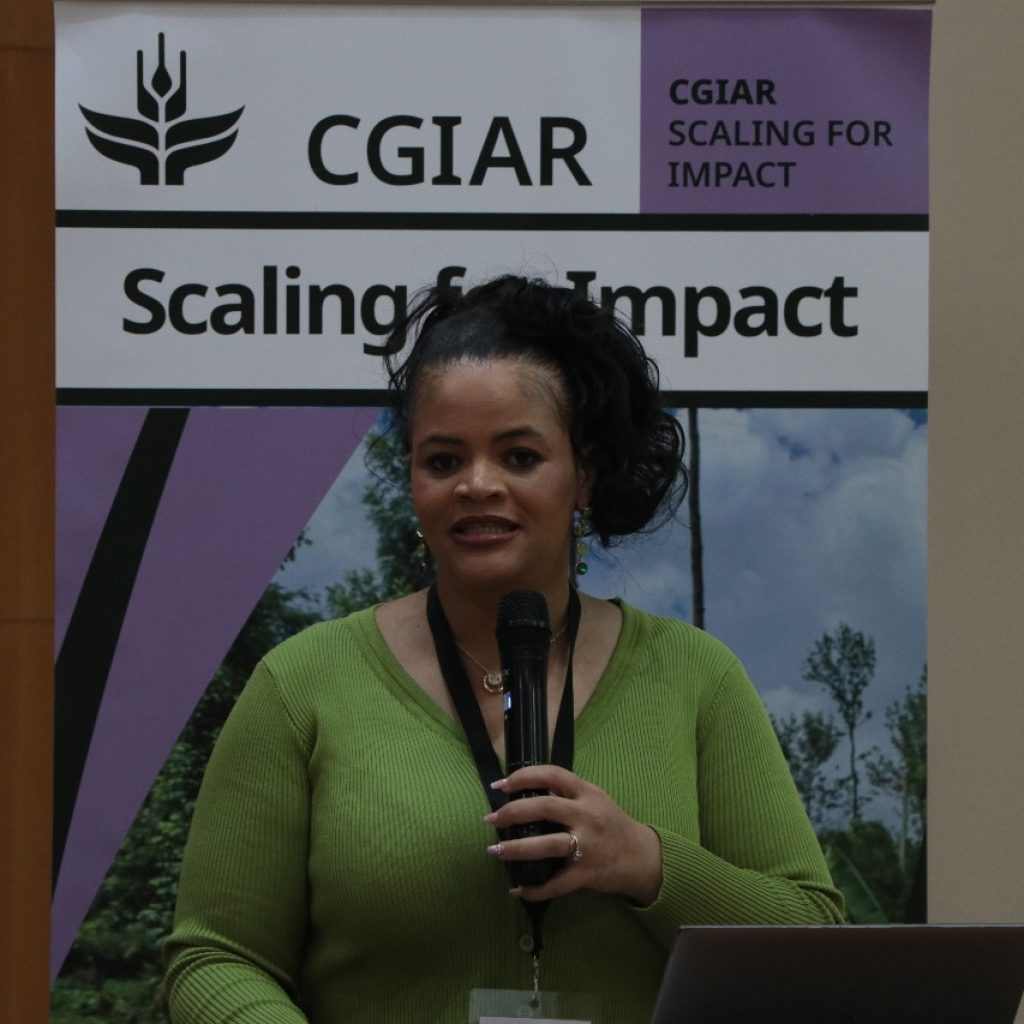
During the first week of November 2025, Malawi hosted the NDC Capacity Scorecard Piloting Workshop, a collaborative effort by the Ministry of Natural Resources and Climate Change, the AGNES, the International Water Management Institute (IWMI) and the UNFCCC Regional Collaboration Centre for Eastern and Southern Africa (RCC EASA). The workshop served as a milestone in Malawi’s journey toward developing, and sharing lessons learnt in the development of its NDC 3.0, bringing together policymakers, technical experts, and development partners to assess the country’s institutional and technical capacities in implementing the Paris Agreement commitments.
Building Capacities for Climate Ambition

Opening the workshop, Minky Groenewald, representing RCC EASA, highlighted the Centre’s role in accelerating regional action on climate change and supporting countries in translating commitments into implementation. Her remarks set the tone for the week, underscoring the need for practical tools and partnerships that strengthen national climate systems.
Prof. Miriam followed with an engaging presentation on Malawi’s growing climate risks and the pressing need for adaptive planning. She emphasized the potential of Decision Support Tools, particularly the NDC Capacity Scorecard, to help governments diagnose strengths and gaps in policy design, implementation, and revision. She noted that this pilot could not have come at a better time, as Malawi works to finalize its third-generation NDC.
From the Ministry, Roberta shared progress on the NDC 3.0 design process, from lessons learnt NDC 2.0, detailing the country’s recent stock takes, stakeholder consultations, and the roadmap toward submission in December 2025. Her presentation reflected Malawi’s commitment to ensuring that its next NDC is both ambitious and grounded in evidence-based planning.
Testing the Tool: From Theory to Practice

As the week progressed, participants engaged in hands-on demonstrations of the NDC Capacity Scorecard. Breakout sessions provided an opportunity to interrogate the tool’s structure, refine its indicators, and propose context-specific adjustments. Among the most notable recommendations was the inclusion of additional text boxes to allow users to provide richer, contextual explanations of responses.
The discussions went beyond technical adjustments. They revealed the multifaceted challenges countries face when operationalizing NDCs, particularly around financing, monitoring and reporting systems, governance, and technical capacity. One of the most consistent needs identified was capacity building in climate budget tagging, a process vital for enhancing transparency and accountability in climate finance.
Looking Ahead
The workshop concluded on a hopeful note, with participants recognizing the NDC Capacity Scorecard as more than a diagnostic tool—it is a platform for continuous learning and collaboration. For Malawi, the insights gained will directly inform its NDC implementation roadmap, ensuring that future actions are data-driven, transparent, and inclusive.
